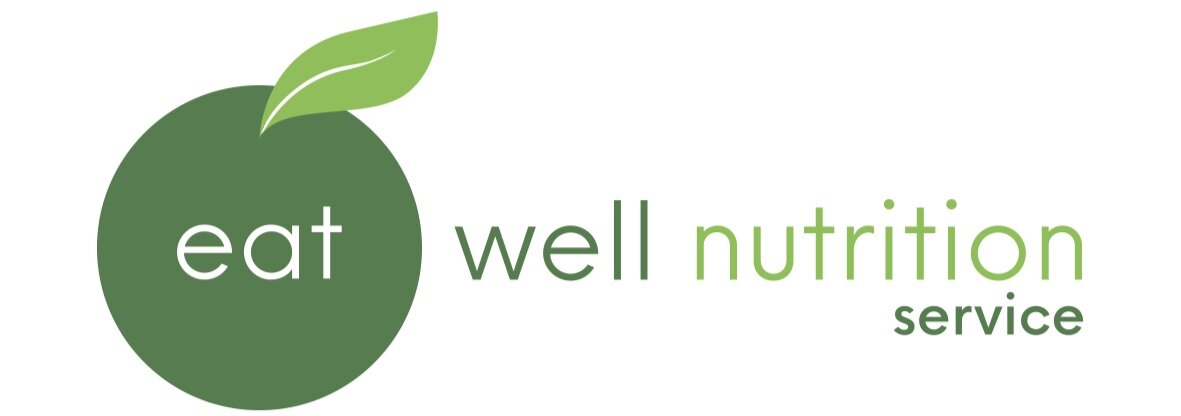Optimising Nutrition and Reducing the Risk of Malnutrition During Covid-19
As we continue to navigate the challenges of the COVID-19 pandemic, we must ensure our residents receive adequate nutrition to maintain their health and wellness. Good nutrition is known to improve overall health and wellbeing, including optimising immune function and reducing unintentional weight loss and malnutrition.
The main challenge at the current time is that many residents are eating meals in isolation, instead of the usual social environment of a dining room. We also have modified staffing structures at mealtimes due to social distancing, and many homes have made changes to catering processes for meal delivery to reduce transmission risk. Residents are also not able to see their families or loved ones in person, which can amplify isolation, loneliness and depression which all have a correlation to poor oral intake.
We have developed this resource to offer simple and effective strategies to aide in ensuring residents maintain optimal health during this challenging time. Research shows feelings of social isolation and loneliness increase malnutrition risk so these tips, many of which are very simple, can assist to reduce this effect.
Main Meals
Offer eggs at breakfast daily. Appetites are usually better first thing in the morning and this is a great opportunity to optimise nutrition.
Offer larger serves of protein with meals where residents want only a small meal or have a reduced appetite, eg at lunch, more chicken and less vegetables.
Offer larger serves or extra desserts to all residents.
Focusing on fortification to make every mouthful count, especially of the foods residents prefer and are easy to eat, such as porridge and milk for cereal at breakfast, buttery mashed potato, desserts/custard/puddings, and soups.
Skim milk powder can be used for fortification, as a guide add 100g-200g of milk powder per 1 litre of milk. Shake or blend well. Use in tea, coffee, cereal, or add flavouring and serve as a High Energy High Protein (HEHP) milkshake, etc.
Provide easy to open individual portion packs of foods such as sweet biscuits, cereals, yoghurt, custard and fruit cups. These can be beneficial when residents are isolated to their rooms and to reduce transmission through limiting handling of meals and snacks.
Mid Meals & Snacks
Offer HEHP snacks as standard e.g. mini quiche, sweet/savoury muffins, cheese and crackers, smoothies, HEHP milkshakes.
Skim milk powder can be added to snacks such as muffins and cakes during preparation and added to tea and coffee.
Offer a half cup of HEHP milkshake with morning or afternoon tea in addition to tea/coffee and biscuits.
Offer all residents a milo at supper made with full cream milk with additional skim milk powder.
Continue to promote foods such as lemonade icy poles, ice creams, custards, yoghurt and other foods that are comfortable and easy for the residents to eat.
Introduction of oral nutritional supplements as individual ‘single serve’ tetra packs may be beneficial as disposable tetras may reduce the risk of virus transmission. These drinks add kilojoules, protein and other micronutrients to a resident’s diet and may be warranted in some cases whereby oral intake is significantly compromised.
Please contact us at Eat Well Nutrition Service for further advice on fortification recipes and general queries around optimising nutrition during lockdown.
(03) 9973 7380
eatwellnutrition.com.au
